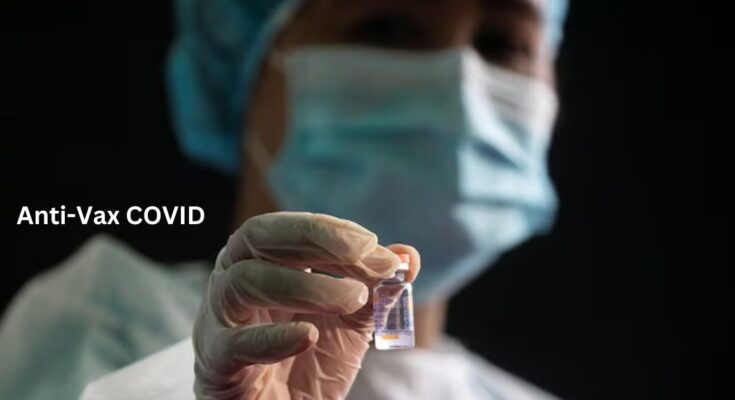The admission by the United States of spreading Anti-vax COVID-19 propaganda in the Philippines to undermine China has stirred worldwide contention. This revelation highlights the intersection of health misinformation, geopolitical maneuvering, and the profound implications for public health and international relations.
Foundation of US-Philippines Relations
The historical ties between the US and the Philippines are well established, dating back to the mid-twentieth century when the Philippines was an American province. These longstanding relations have been set apart by political, economic, and military alliances alongside periods of tension and divergence.
Development of COVID-19
The COVID-19 pandemic unleashed ruin worldwide, with the Philippines being no exception. The nation confronted significant difficulties, including overpowered healthcare frameworks, economic slumps, and misinformation.
Anti-Vax Propaganda Campaign
Anti-vax propaganda involves spreading bogus or misleading information about vaccines to create dread and hesitancy. In the Philippines, such campaigns were amplified through various channels, causing widespread confusion and undermining public health endeavors.
US Involvement

Impact on the Philippines
The results of the anti-vax propaganda in the Philippines have been extreme. Public confidence in vaccines plunged, lowering vaccination rates and exacerbating the health crisis. The country’s socio-political fabric was additionally strained, with increased polarization and mistrust.
China’s Job and Reaction
China energetically denied the allegations and denounced the US’s actions. The diplomatic aftermath was immediate, with China calling for accountability and reparations. This incident further strained US-China relations and impacted the Philippines’ diplomatic position.
International Reactions
The worldwide community responded with a mix of shock and condemnation. Various countries communicated worry over the ethical implications of using health misinformation as a political weapon, calling for stricter regulations and straightforwardness in information dissemination.
Health Misinformation
Health misinformation, particularly during a pandemic, can have devastating impacts. The anti-vax propaganda in the Philippines fills in as a contextual investigation of how misinformation can undermine public health initiatives, leading to preventable illnesses and passings.
Strategies for Disinformation
Social media campaigns, counterfeit news stories, and manipulated information were among the techniques used to spread anti-vax propaganda. These techniques exploited existing apprehensions and uncertainties, making it challenging for the public to discern reality from fiction.
Reaction from the Philippines
The Philippine government sent off initiatives to battle misinformation and reestablish public confidence in vaccines in light of the propaganda. These endeavors included public mindfulness campaigns, collaborations with health specialists, and legislative measures to control the spread of bogus information.
Well-qualified Opinions
Medical professionals have emphasized the critical importance of vaccines in controlling the pandemic and have called for additional vigorous measures to neutralize misinformation. Political examiners highlight the mind-boggling interplay of health and geopolitics, urging ethical considerations in international relations.
Ethical Implications
The utilization of health misinformation as a geopolitical instrument raises significant ethical questions. The drawn-out results of such actions include diminished public confidence in health institutions, increased health risks, and strained international relations.
Future Possibilities
To forestall similar incidents in the future, robust international regulations on information dissemination and deliberate endeavors to advance media literacy are required. Diplomatic resolutions involve dialog and cooperation to address the main drivers of misinformation.
Conclusion
The US’s admission of spreading anti-vax COVID-19 propaganda in the Philippines highlights the requirement for ethical considerations in geopolitical strategies. It highlights the critical importance of honest information in maintaining public health and the stability of international relations. A collaborative methodology is essential to battle misinformation and cultivate trust in worldwide health initiatives.




